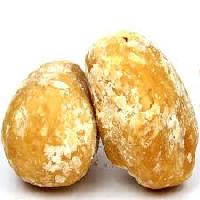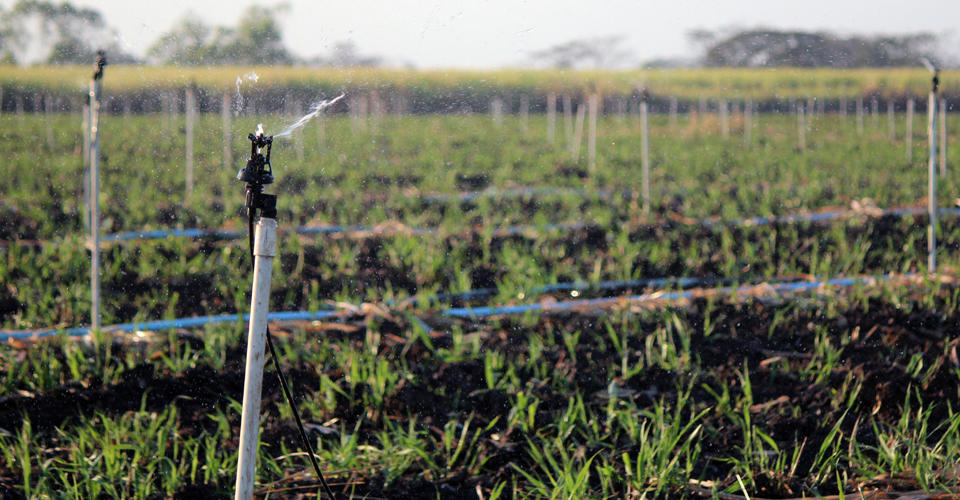Sustainable Sugarcane Products: From Sweeteners to Eco-Friendly Product
The possibility of lasting sugarcane products extends past conventional sugar to incorporate a variety of green goods, presenting an engaging instance for their integration right into contemporary consumer techniques. As the globe grapples with pressing environmental issues, sugarcane emerges as a versatile resource capable of dealing with both nutritional demands and sustainability objectives.
Review of Sugarcane Sustainability
As the demand for eco-friendly products expands, understanding sugarcane sustainability becomes progressively crucial. Sugarcane, a functional plant, is cultivated mostly in subtropical and exotic areas, and its sustainability is critical for both environmental wellness and economic practicality. Sustainable sugarcane farming practices concentrate on minimizing environmental impact while taking full advantage of performance and profitability.
Secret facets of sugarcane sustainability consist of effective land usage, reduced chemical input, and improved water administration. Practices such as crop rotation, incorporated pest management, and organic fertilizing add to soil wellness and biodiversity. Furthermore, innovative innovations, such as precision farming, assistance enhance source use and minimize waste.
In addition, sugarcane is a renewable energy, with spin-offs that can be made use of in various markets, from biofuels to naturally degradable plastics, thus decreasing reliance on nonrenewable fuel sources and reducing carbon footprints. Qualifications like the Bonsucro typical motivate lasting practices throughout the supply chain, promoting transparency and responsibility.

Sugarcane-Based Sweeteners
Using sugarcane as a main resource, sugarcane-based sweeteners have actually gotten prominence as all-natural options to polished sugars and synthetic sugar (sugarcane product). These sugar, stemmed from the extraction and handling of sugarcane juice, provide a series of products that satisfy diverse customer preferences, including natural and minimally refined choices
Among one of the most significant sugarcane-based sugar are raw walking stick sugar, panela, and molasses. Raw walking stick sugar preserves even more of the all-natural flavors and nutrients discovered in sugarcane, making it a favored selection for health-conscious customers. Panela, a conventional Latin American sweetener, is generated by vaporizing sugarcane juice, protecting its all-natural minerals and vitamins. Molasses, a byproduct of sugar removal, is rich in antioxidants and necessary nutrients, serving as a nutritious sweetening agent in different cooking applications.
The expanding demand for sugarcane-based sugar is driven by raising recognition of health and wellness and sustainability problems associated with standard sweeteners. By choosing sugarcane-derived items, customers not only sustain sustainable agricultural methods yet also add to a healthier way of living, aligning their nutritional choices with their ecological worths.
Eco-friendly Product Packaging Solutions
Becoming a viable alternative to conventional plastics, naturally degradable product packaging options originated from sugarcane are transforming the packaging sector. These cutting-edge products offer an eco pleasant alternative that resolves the growing issues over plastic pollution. Making use of the all-natural sugars located in sugarcane, manufacturers are developing different forms of biodegradable packaging, including movies, containers, and wraps that disintegrate extra rapidly than standard plastics.
The primary advantages of sugarcane-based product packaging depend on its renewable sourcing and its capability to damage down right into non-toxic results. Unlike fossil fuel-derived plastics, which can continue the setting for centuries, sugarcane packaging usually decays within a few months under correct problems. This reduction in waste not just minimizes landfill overflow but likewise lowers the carbon footprint related to packaging products.
Additionally, sugarcane-derived packaging keeps robust performance attributes, providing similar sturdiness and performance to conventional options. As organizations and consumers significantly focus on sustainability, the fostering of eco-friendly packaging remedies stands for a substantial step towards a circular economic situation, where materials are recycled and read this regenerated rather than disposed of. This change not just enhances brand name photo but additionally adds to a much more lasting future for the world.
Eco-Friendly Textiles and Fabrics
Environmentally friendly textiles and fabrics are obtaining grip in the fashion and home goods markets as consumers significantly require lasting alternatives to standard materials. Among the noteworthy options are textiles originated from sugarcane, which offer an eco liable choice to artificial fibers. These fabrics are produced via a process that uses the renewable energies discovered in sugarcane, considerably reducing dependence on petroleum-based products.

As the market for sustainable fabrics expands, consumers can look forward to ingenious designs that integrate design with ecological duty. Ultimately, environment-friendly fabrics and textiles represent a considerable action towards lowering the fashion industry's ecological footprint while catering to the growing demand for responsible customer selections.
Developments in Lasting Farming
Transforming farming practices, innovations in sustainable farming are transforming the method crops are expanded and taken care of. These developments concentrate on lessening environmental impact while making best use of efficiency and performance. Strategies such as accuracy farming make use of information analytics and satellite images to optimize source usage, making certain that water, fertilizers, and chemicals are applied just where needed. This targeted technique not just decreases waste but likewise enhances crop returns.

Moreover, agroecology, which integrates eco-friendly concepts right into farming, advertises biodiversity and dirt wellness. Practices such as plant rotation, cover cropping, and intercropping foster resilient environments that can withstand parasites and environment variants - sugarcane product. Furthermore, making use of organic plant foods check out here and biopesticides adds to healthier soils and communities

With each other, these advancements are not just improving the agricultural landscape but also adding to a more sustainable future for sugarcane and other crops, straightening farming exercise with ecological stewardship.
Verdict
Lasting sugarcane items represent a significant innovation in eco-friendly alternatives, extending from all-natural sugar to eco-friendly items. As customer preferences significantly lean towards lasting more options, the convenience of sugarcane as an eco-friendly resource comes to be significantly relevant.
The capacity of sustainable sugarcane items prolongs past typical sweeteners to incorporate a variety of green items, providing a compelling case for their assimilation right into modern-day consumer practices. Lasting sugarcane farming methods concentrate on reducing environmental impact while making best use of performance and profitability.
Lasting sugarcane items represent a considerable innovation in environment-friendly alternatives, covering from natural sugar to eco-friendly products. The cultivation of sugarcane with sustainable practices not only enhances ecological health and wellness but likewise contributes to economic viability. As consumer preferences increasingly lean towards sustainable choices, the adaptability of sugarcane as an eco-friendly source becomes significantly pertinent.